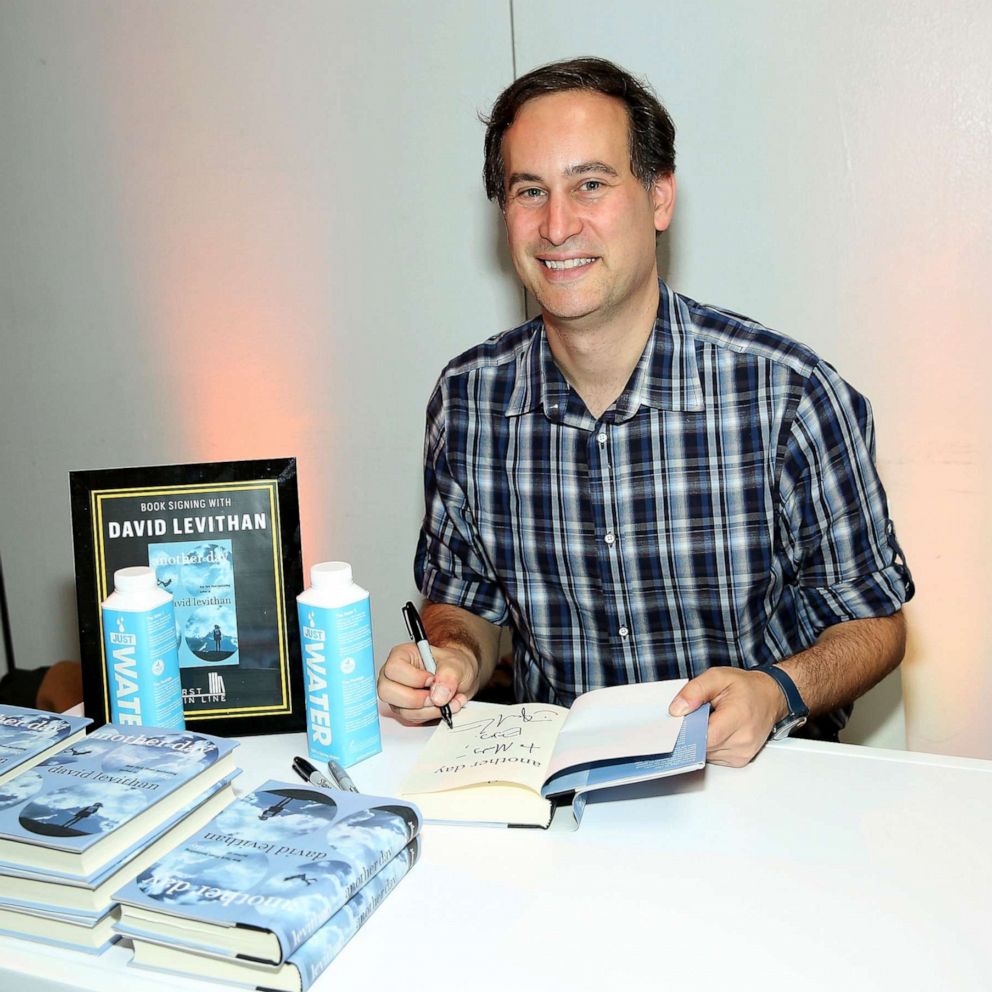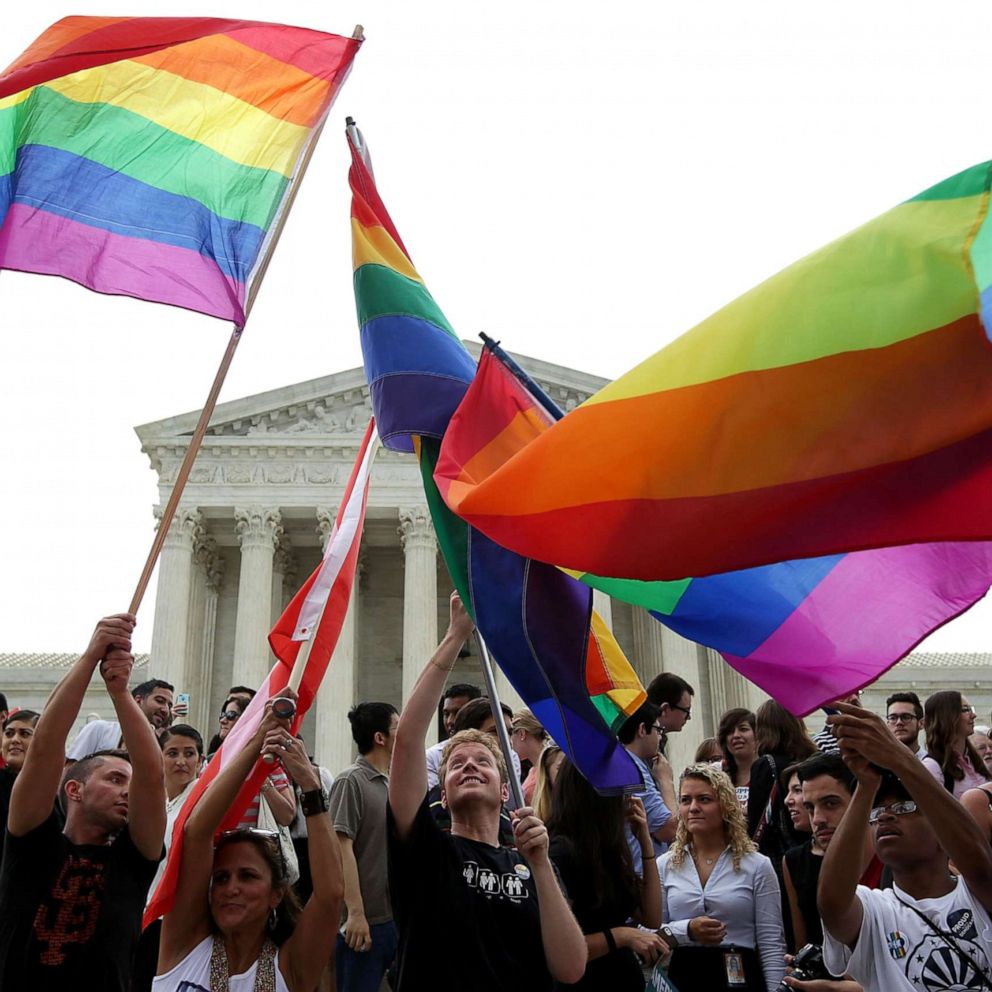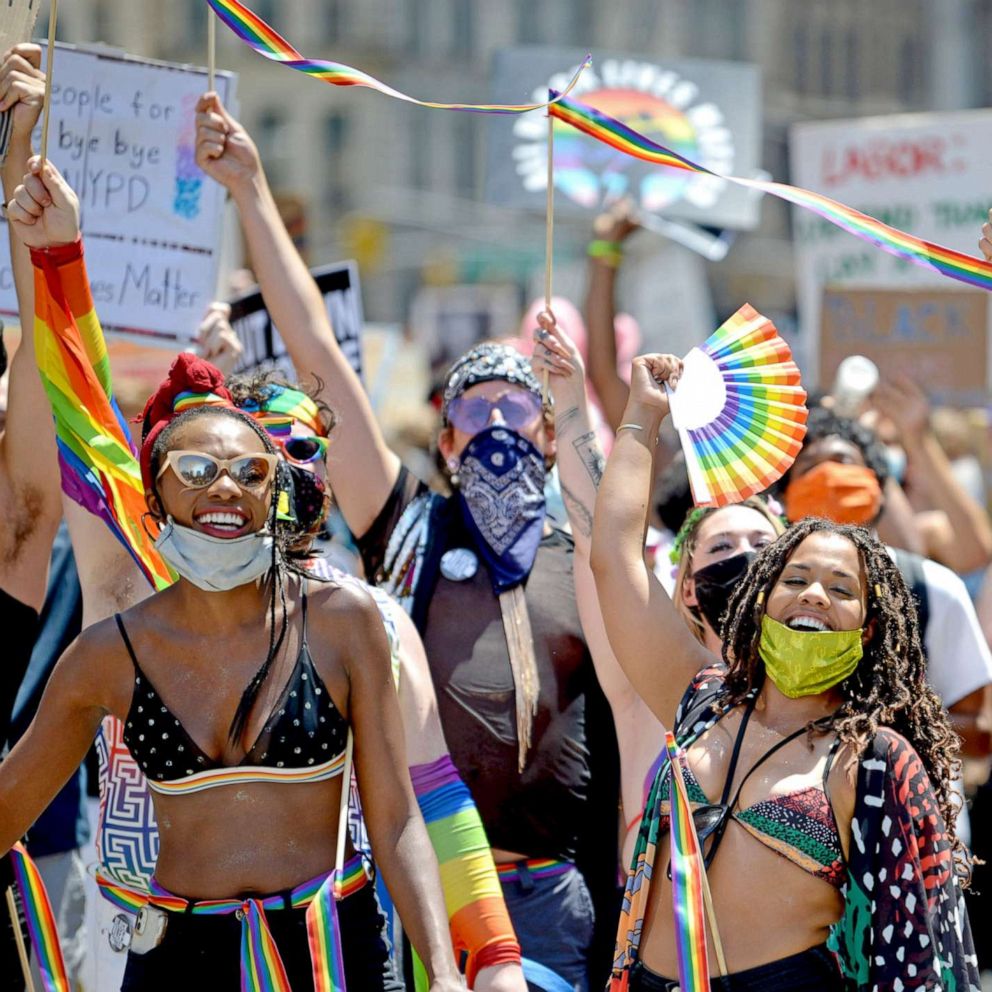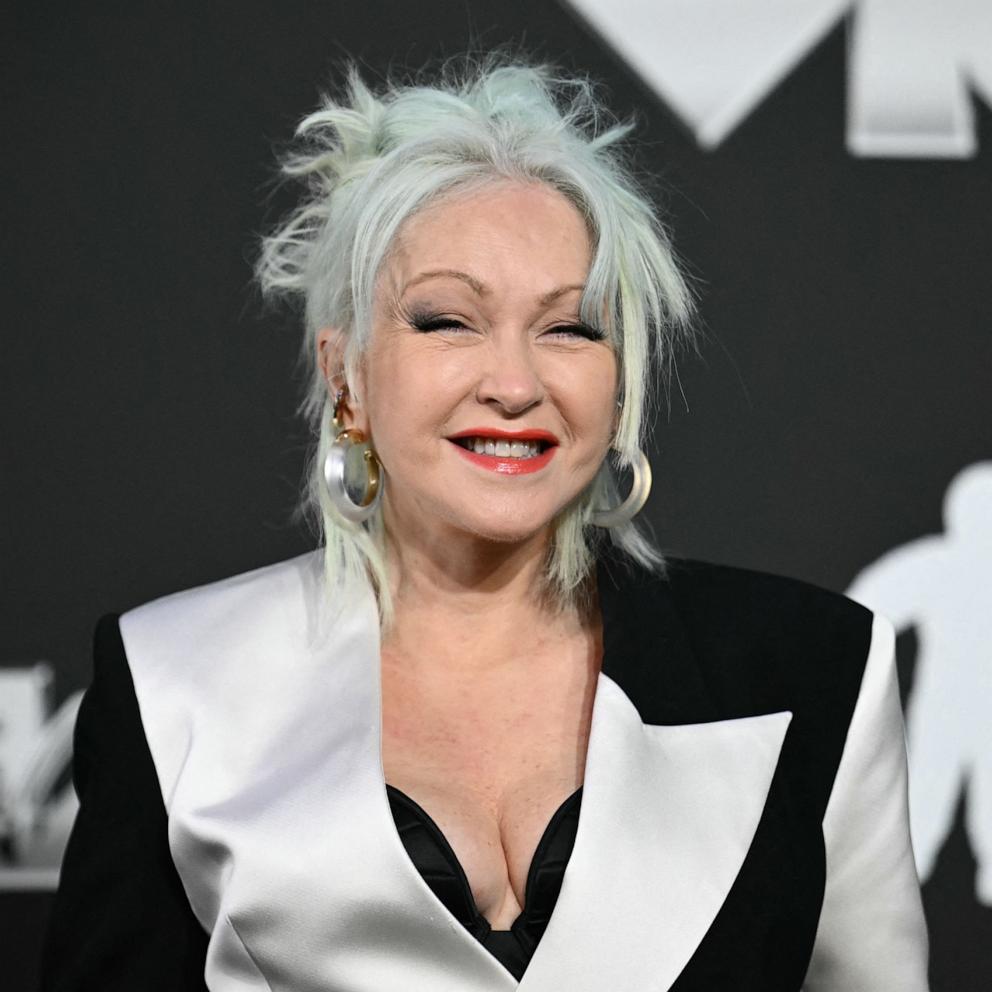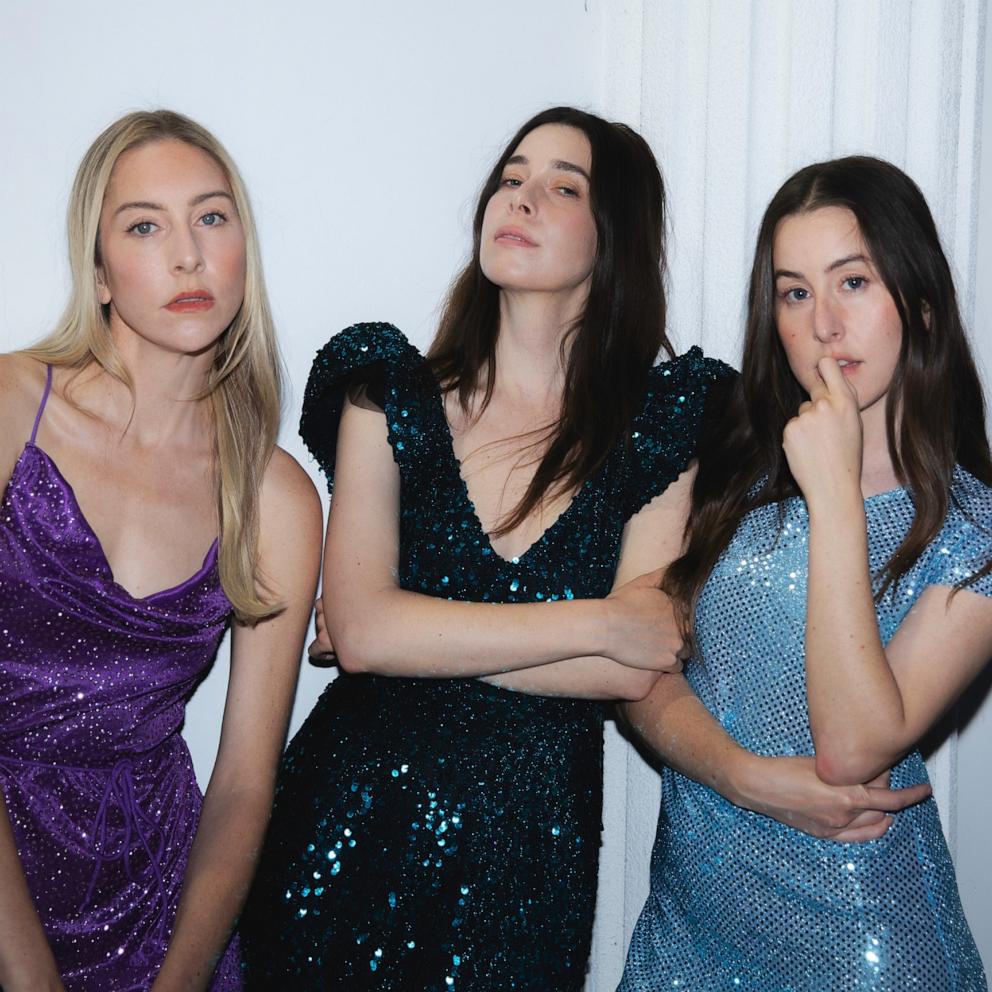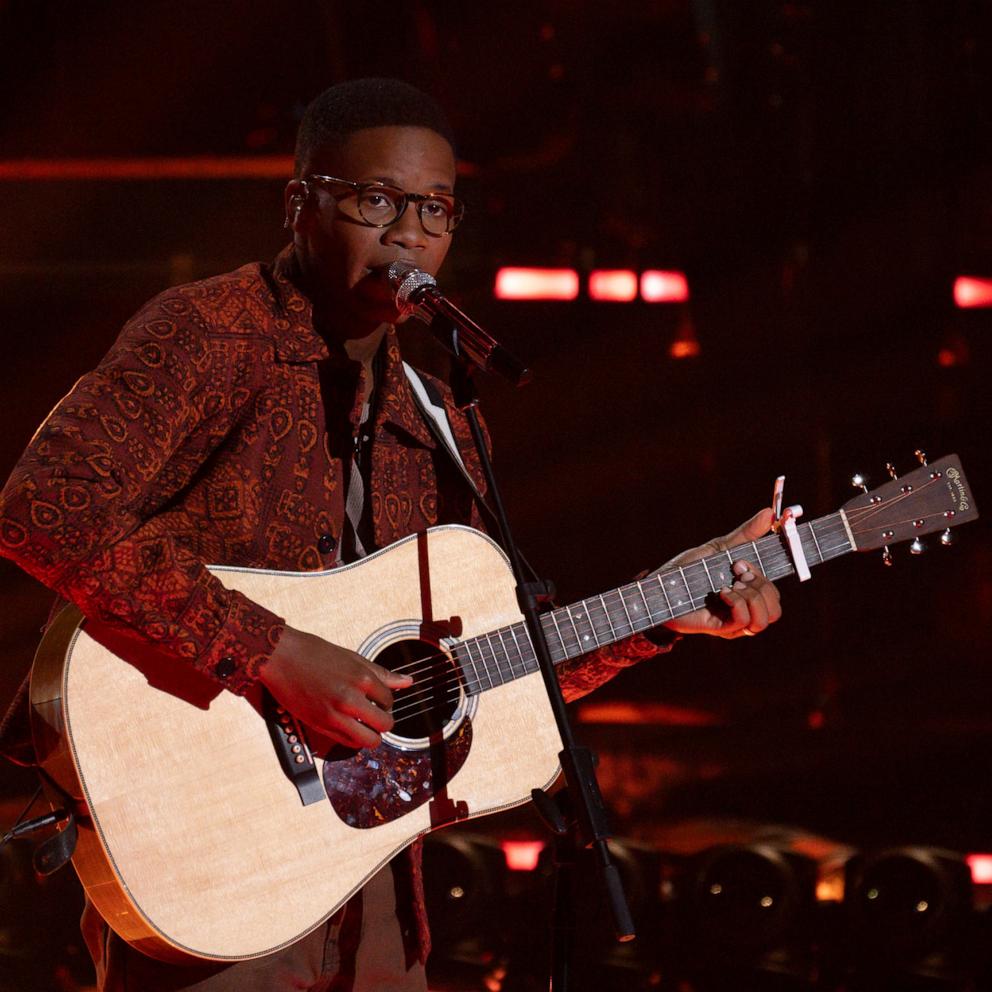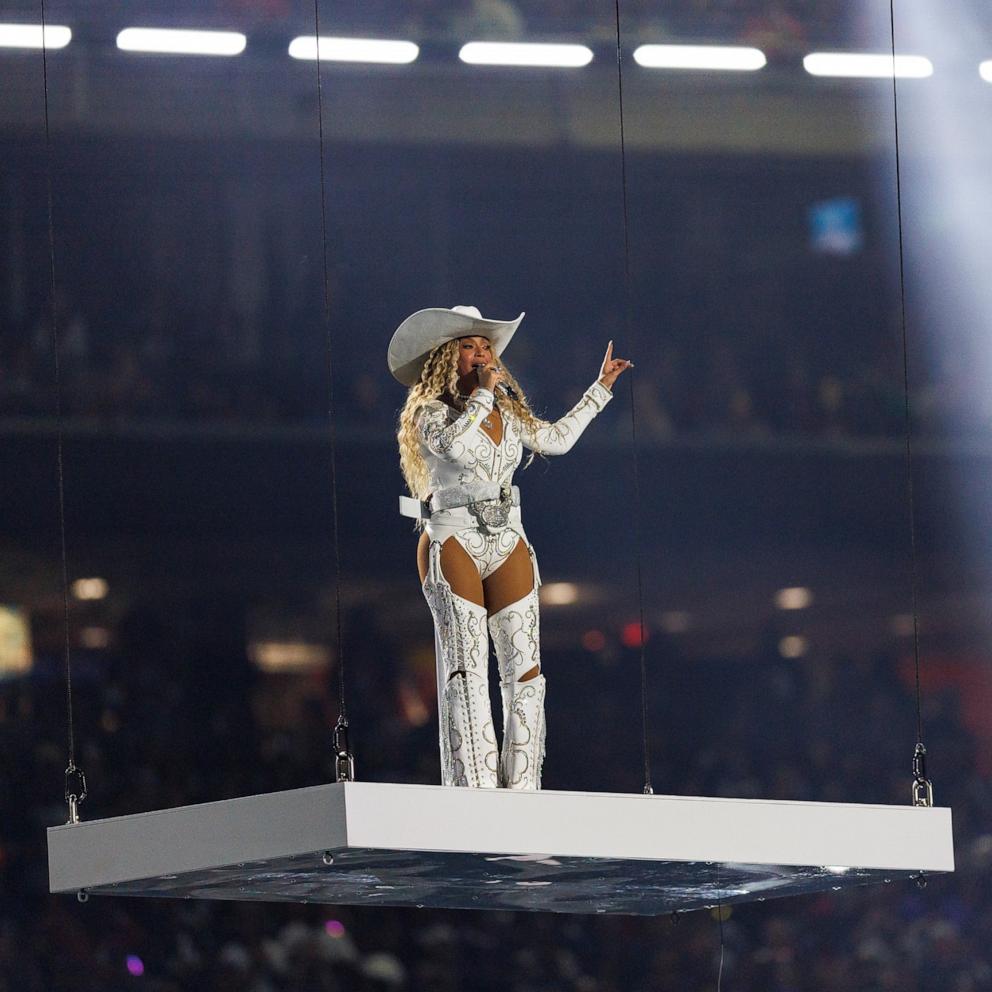Netflix star Kit Connor says he was forced to come out amid questions about his sexuality

"Heartstopper" actor Kit Connor has come out as bisexual on Twitter after he was accused of "queerbaiting" fans of the LGBTQ Netflix show.
"i’m bi. congrats for forcing an 18 year old to out himself," he tweeted on Monday. "i think some of you missed the point of the show."
Queerbaiting is a critical term for when media intentionally panders to LGBTQ audiences by using queer signifiers like jokes and symbolic references to appeal to an LGBTQ fanbase, while not actually portraying LGBTQ characters.
JP Karliak, the founder of the LGBTQ+ voice acting community Queer Vox, says queerbaiting puts the media at a far enough proximity to remain palatable to heteronormative or anti-LGBTQ audiences. However, the term has also been used to criticize people who take on LGBTQ roles or are perceived as queer, while not publicly claiming an LGBTQ identity.
Karliak said this criticism can be problematic -- even if he understands why fans might want to know if an actor's representation of an LGBTQ character is authentic -- because it may pressure people to come out publicly about their LGBTQ identity even if they're not ready.
"It's unfair, especially when it comes to you to expect them to have it all figured out and be able to slap it on their resume, what their identity is. We didn't want to get into that gatekeeping," Karliak said. "When casting directors are trolling Instagram profiles, looking for rainbow flags to gauge whether or not the person they're bringing in is 'queer enough,' that's where we get into trouble."
Connor plays Nick in "Heartstopper," a character whose relationship with a male friend turns romantic. He begins to question his sexuality and remains closeted while he figures things out for himself.
Connor has addressed his own sexuality in the past, as the identities of the actors became a focal point for some fans.
"We're still all so young to start sort of speculating about our sexualities and maybe pressuring us to come out when maybe we're not ready," Connor said in a May interview on the "Reign With Josh Smith" podcast.
"I'm not too big on labels and things like that. I'm not massive about that. I don't feel like I need to label myself, especially not publicly."
Connor also addressed rumors and questions about his sexuality on Twitter before eventually taking a break from the social media platform in September.
"twitter is so funny man. apparently some people on here know my sexuality better than I do…" he tweeted in May.
"The system we have in place kind of has this underlying message of: 'if you're not going to publicly express yourself as LGBTQ, then you're somehow less valid," said Mackenzie Harte, of the LGBTQ advocacy organization PFLAG's Learning and Inclusion team.
"I just want to make it very clear that you don't have to be out to be valid as an LGBTQ+ person," Harte added.
Feeling pressured or forced to come out can make someone feel like they have no control over their identity and life, advocates say.
"Coming out is a deeply personal decision and should be done on your own terms and timeline," said Tony Morrison, senior director of communications at GLAAD.
"Kit Connor has received global support after speaking his truth and has created an important moment of visibility for bisexual men, but his coming out is also an important reminder that no young person should be forced to share parts of their identity before they are ready to do so," he added.
